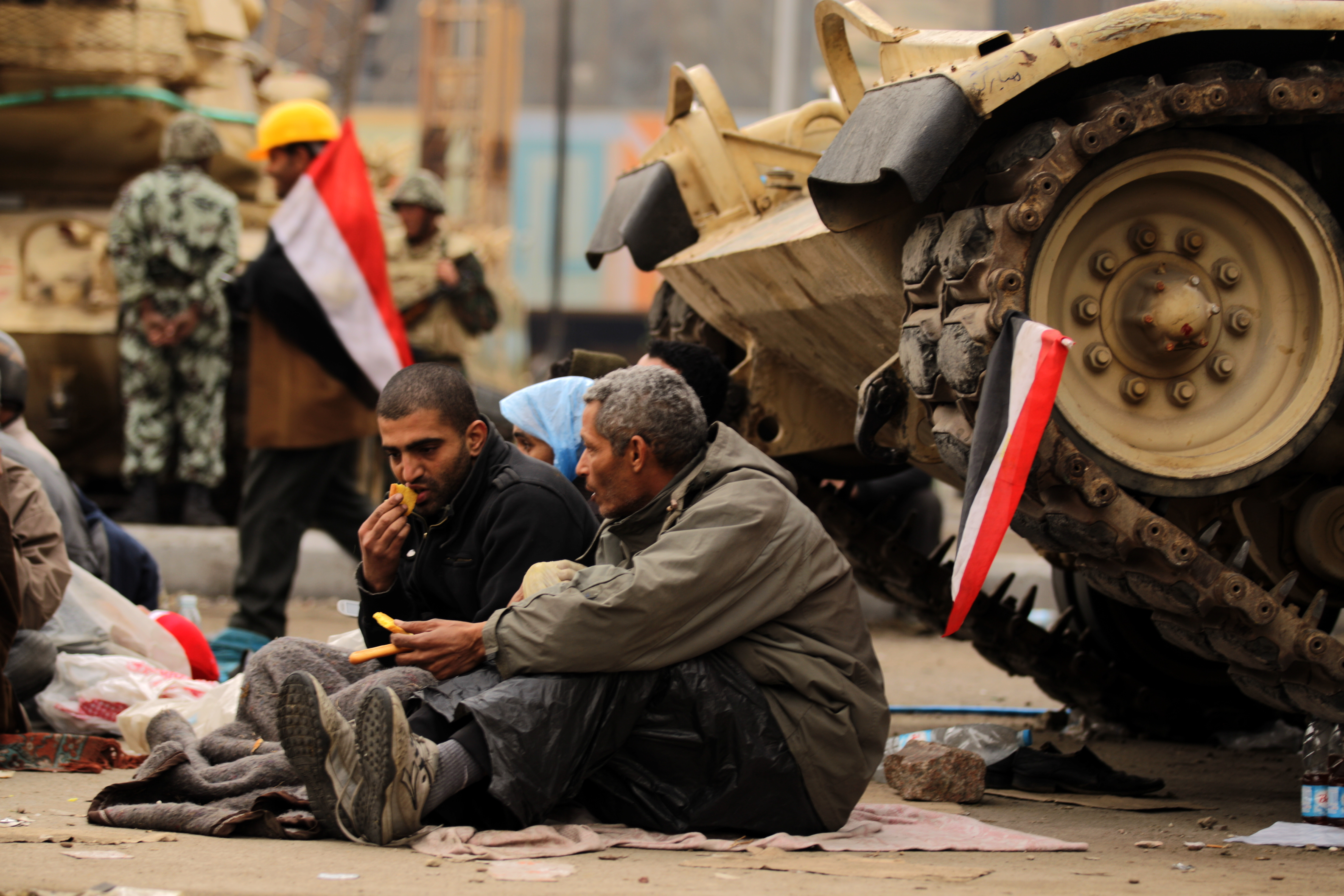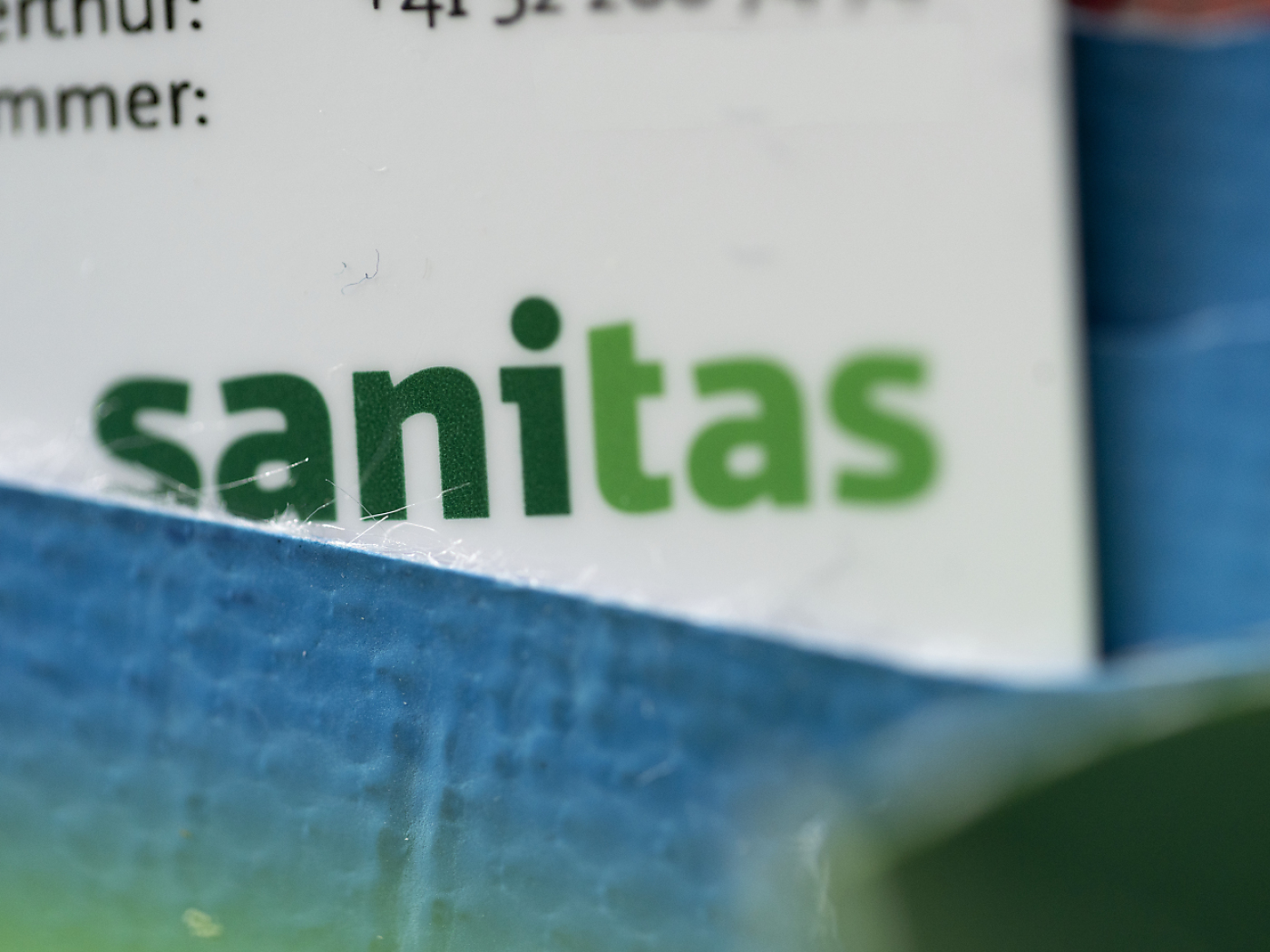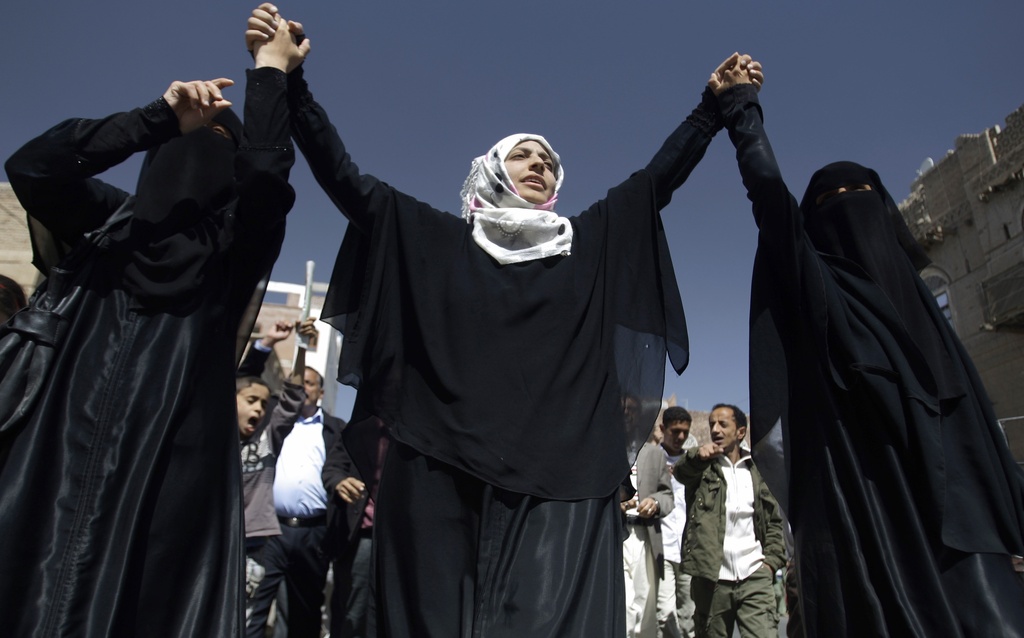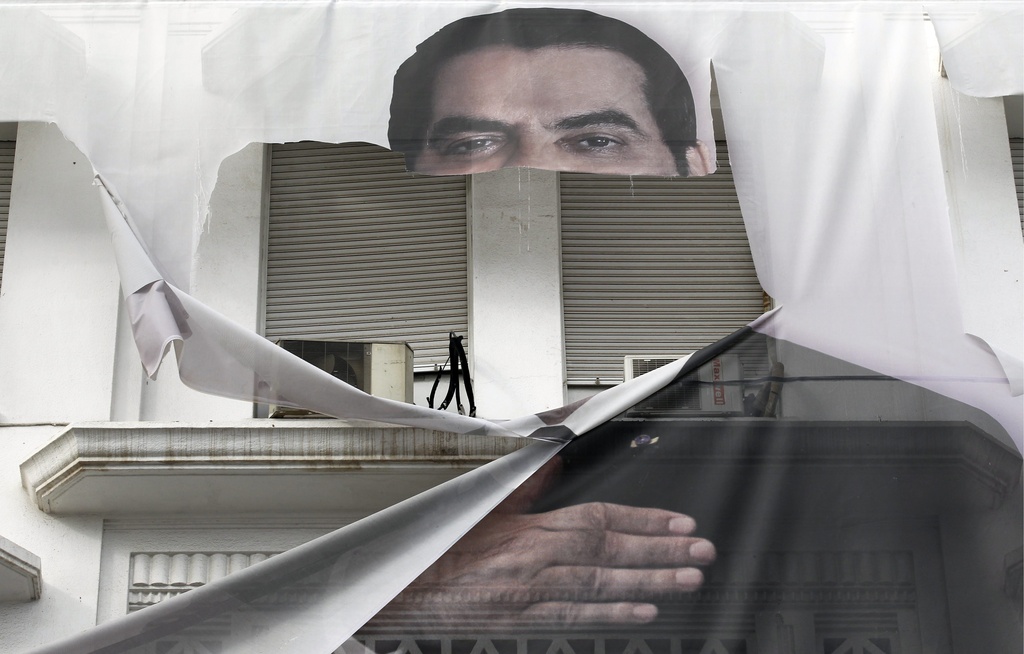Egypt’s fate seen in the hands of the military

The military in Egypt appears to be tolerating the continuing protests against the regime of Hosni Mubarak which began more than two weeks ago.
Albert Stahel, a strategy expert at Zurich University, told swissinfo.ch the army has defined the recent history of Egypt and it will hold the key for the future of the country.
It might have come as a surprise that from the outset of the anti-government demonstrations on January 25 the army pledged not to fire on protestors.
Later the military urged the demonstrators to go home as their demands had been heard.
Stahel, a professor of strategic studies at Zurich University’s Institute for Political Science, is critical of European governments and the United States for hesitating when they could have sped up the end of the Mubarak regime.
swissinfo.ch: Is there pressure either from abroad or internally on the Egyptian army to continue to show restraint?
Albert Stahel: No doubt about it. On the one hand from neighbouring Israel but also from the US.
But there is a risk that this strategy could backfire.
swissinfo.ch: What makes you say that?
A.S.: The Egyptian army is in fact made up of three different entities. The bulk of up to 320,000 men are conscripts under a system similar to that in Switzerland. This explains why these soldiers are by and large sympathetic to the demands of the people.
Then there are the top echelons of the military who are staunch supporters of President Mubarak.
The middle ranks, for their part, lean towards the political position of the soldiers.
The history of Egypt’s military is closely linked to Colonel Gamal Abdel Nasser and General Ali Mohammad Naguib who toppled King Farouk in 1952. Two years later Nasser ousted Naguib in a military coup.
This goes to show that the military, and in particular the land forces, are to some extent an institution with a life of their own.
swissinfo.ch: So the structure of the military apparatus is the main reason why the protesters seem to trust the army?
A.S.: Particularly in the land forces. I’m not sure though whether the tactics of the army leadership will work out. The generals have called on Mubarak to step down but they are willing to grant him a ‘dignified withdrawal’.
There is always a real danger that officers of the middle ranks decide to stage a coup.
swissinfo.ch: Do you see some form of trade-off whereby the military keeps its key role in choosing the successor of Mubarak and in politics in general?
A.S.: We have to differentiate. It is certainly true for those who stand firmly behind Mubarak and hold sinecures, such as retired generals who often run businesses.
But the average Egyptian conscript of course does not identify with the Mubarak regime.
swissinfo.ch: Is there possibly also a gap between the younger and older generation in the military?
A.S.: Most likely. The middle echelons as well as the rank and file are mostly young, while the generals, including the field marshal, are older and devout followers of Mubarak.
swissinfo.ch: Is the restraint of the opposition Muslim Brotherhood also due to the position of power of the military?
A.S.: Possibly. But more importantly, the Muslim Brotherhood has lost its credibility I think. The upheaval in Egypt is not the result of Muslim activists. It is defined by young people who use the internet and social media, including Facebook.
swissinfo.ch: Is the key position of the military in Egypt’s economy and society typical of other Arab countries, including Tunisia and Algeria?
A.S.: Algeria is most similar to Egypt in that respect. But certainly not Tunisia or Jordan with its typical Bedouin army; there the military have played quite a different role in the histories of their respective countries.
swissinfo.ch: What kind of contact or cooperation is there between the militaries in different Arab states and with Israel?
A.S.: There are close relations with Sudan but not with other Arab armies. The generals of the Egyptian army are in regular contact with Israel.
swissinfo.ch: How can armies, be it in Egypt or Tunisia, guarantee human rights in a system which is not really democratic?
A.S.: I’m convinced that the armies such as in Egypt and Tunisia are more likely to defend human rights than strictly professional armies. It is probably a blessing in disguise that two thirds of Egypt’s land forces are made up of conscripts.
But of course we can never be really sure that they will guarantee basic rights, either in Egypt or anywhere else.
swissinfo.ch: What is the future for Egypt?
A.S.: European countries, in my opinion, have played a most dubious role. German Chancellor Angela Merkel talks of ‘resignation in dignity’ to allow Mubarak planned surgery in a German hospital.
Washington’s stance is not quite as bad but the calls for Mubarak’s resignation have been rather muted.
But I’m convinced that the sooner Mubarak goes the better and he should be replaced by an interim government.
The army has an estimated 468,000 personnel and an additional 480,000 reservists. Men aged 18 to 49 serve between one to three years under a conscript system.
The army is widely considered to have been the central pillar and most powerful institution of the Egyptian state for the past six decades.
President Hosni Mubarak is the supreme commander and many serving and retired army generals hold positions in the various arms of government. All the post-1952 presidents have had military backgrounds.
Experts say the army is deeply integrated in the national economy and workforce with the military running businesses and controlling factories that produce anything from weapons to household appliances.
Since the 1970s the US has been providing financial support for the army to the tune of $2 billion (SFr1.9 billion) annually on average. Many Egyptian officers trained at US military schools and Washington sold Egypt high-tech weapons.
A movement of army officers played a key role in the overthrow of King Farouk of Egypt in the 1952 revolution.
(Adapted from German by Urs Geiser)

In compliance with the JTI standards
More: SWI swissinfo.ch certified by the Journalism Trust Initiative














You can find an overview of ongoing debates with our journalists here . Please join us!
If you want to start a conversation about a topic raised in this article or want to report factual errors, email us at english@swissinfo.ch.